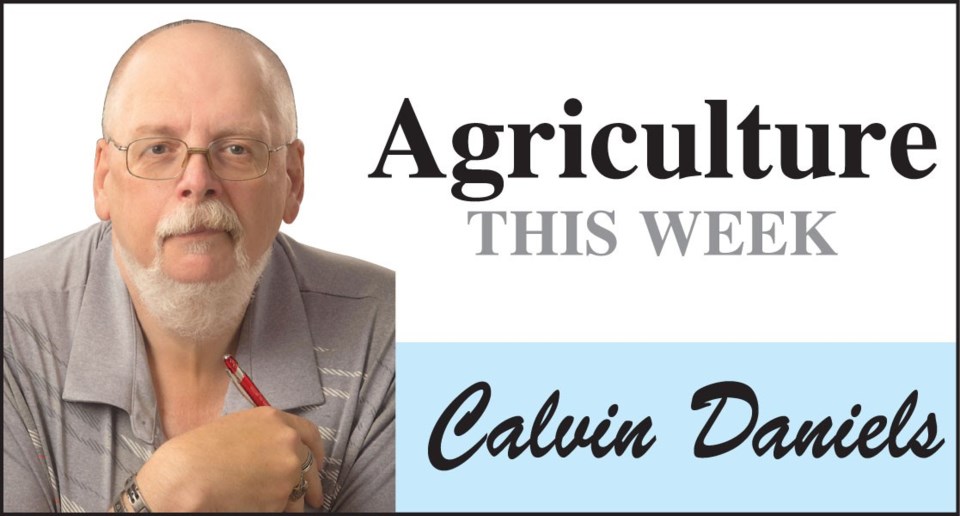Agriculture is a diverse field covering everything from potatoes to cattle to apples to salmon.Â
Included of course would be horses, although admittedly they tend to be seen as pets by most.Â
They are in the end just livestock – think cows with better PR.Â
So it was interesting to attend the Eastern Professional Chariot & Chuckwagon Association races in Yorkton over the weekend.Â
The races are sort of where agriculture and sport meet as the horses are very much used in a sport activity.Â
But there is a significant amount of agricultural economic activity.Â
It might not be seen by the fans in the stands, but head out onto the backstretch and it is rather apparent in a hurry.Â
There are of course the horses themselves. With 40 chuckwagon hitches and a similar number of chariots there were more than 300 horses (drivers carry spares) at the Yorkton races.Â
A race horse at this level probably runs around $10,000 on average, so that alone is $3 million.Â
And if there were 300 horses on the track there are ranches where mares are kept to raise the next generation of racers.Â
Every one of the horses needs shoes and veterinary checks and harness and oats and hay and all the other things which go into keeping a race horse healthy and ready to run. That is a lot of dollars being spent by the owners which flows through the economy.Â
But it goes farther in terms of economy too.Â
The horses arrive at the track in semi-trailers and horse trailers and pulled by a variety of trucks. Imagine simply the importance to the economy of selling 40 plus horse trailers and trucks.Â
Since race events are multi-day ones, most racers also have a camper of some kind, which again are part of the economy. If they don’t have a camper, it’s a hotel stay which is good for a local economy.Â
On a stay there may be a need for groceries to be purchased, a meal out at a restaurant, and of course the fuel to make the trip home.Â
And, next weekend the members of the EPCCA head to Hudson Bay, and then off to Kelvington, Invermay, Preeceville and in a non-COVID recovery summer other race sites from June through September.Â
It’s a lot of dollars flowing through our rural economy, and there are other associations running across the Prairies in a normal summer too.Â
It might not be thought of as a major sector, but there is certainly economy surrounding the horse sector.




